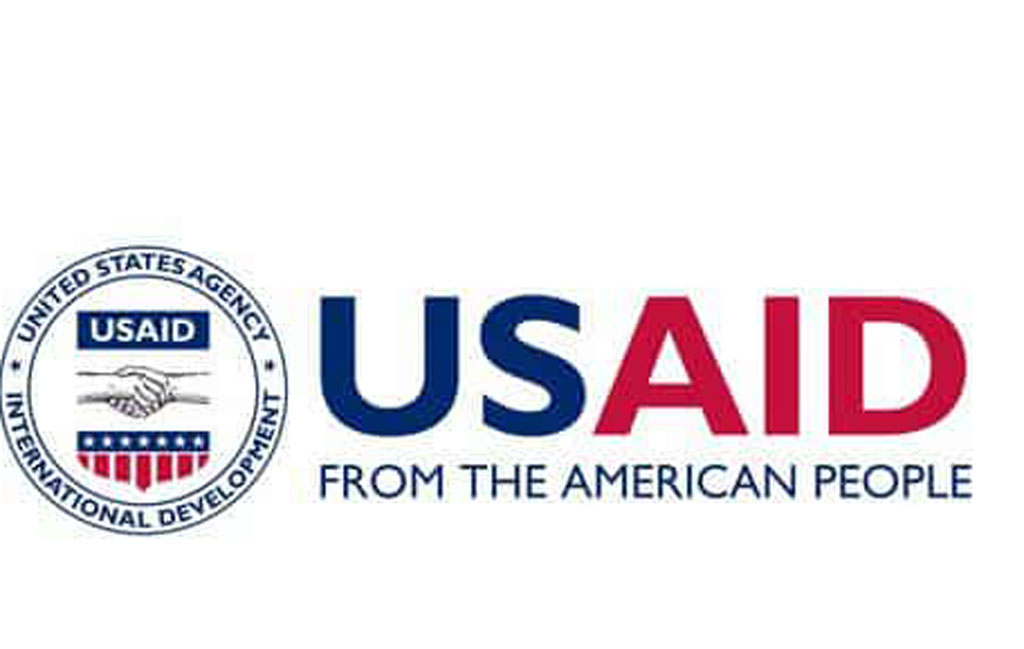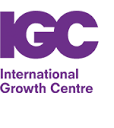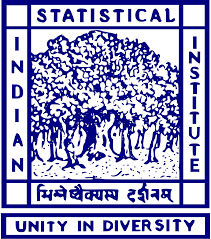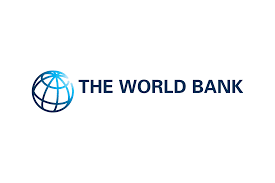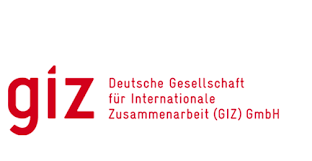Justice and Prison Reform for Promoting Human Rights and Preventing Corruption
Principal investigators: Adam Stapleton, affiliation; yyy, affiliation
Funding organization: GIZ
Project timeline: 2013-2014
Background
Deutsche GesellschaftfürInternationaleZusammenarbeit (GIZ) GmbH is implementing the program “Justice and Prison Reform for Promoting Human Rights and Preventing Corruption” in Bangladesh. The programme is based on two components. Its first component (“Prison Reform for Promoting Human Rights”) is implemented in partnership with the Ministry of Home Affairs (MoHA) and the Prison Directorate, it focuses on accelerating the release of persons whose imprisonment was excessive or unlawful, with a particular focus on addressing vulnerable prisoners such as women and children. The novelty of the component: The Prison Directorate allows national legal aid NGOs inside prison to offer free and timely legal assistance through paralegal services. The paralegals who deliver these services collect relevant information on prisoners, their legal statuses and their cases. They provide this common set of information to all institutions of the judicial process and request that the appropriate action is taken. Paralegals also educate prisoners on their rights. To further reduce case backlog and overcrowding, specific structures (e.g. committees) connecting all involved players – including police, prisons, judiciary, the legal profession and civil society – are introduced and established at the local and national level. Moreover, capacities are developed in prisons to improve prison systems and management, e.g. to produce qualitative statistics to estimate the prisoners’ risk potential, to maintain at least a minimum standard for prison conditions and to enable rehabilitation measures and skill development inside prison.
Research objective and design
Under the second component, Justice Reform and Corruption Prevention, implemented with the Ministry of Law, Justice and Parliamentary Affairs (MoLJPA), the German Government has committed itself to explore mechanisms to tackle the overwhelming challenge of the national case backlog (2.7 million cases at last count in 2013) and the slow movement of cases in the criminal justice system. GIZ undertook a scoping study which recommended inter alia a Justice Audit of three districts. The recommendation of the formulation mission was that a comprehensive Justice Audit be carried out in pilot districts where the component is operating. Following formal presentations to the Ministries of Law and Home Affairs, GIZ were invited to extend the initial scope to five districts. The necessary consent from the heads of the various justice institutions were obtained for a group of consultants to be granted access to the source data and to carry out field visits.
The Justice Audit will provide a snapshot of the criminal justice system based on a robust collection and analysis of institutional data triangulated with surveys of practitioners and users. The data will be uploaded onto a web-based graphical information display with benchmark measures and variables displayed through a graphical user interface (GUI), including Geographic information system (GIS) mapping. It invests the home country in using its own data to improve system performance.
A Justice Audit analyses the justice process, from the triggering event to the final settlement. It informs governments and practitioners on the state of the justice system in a country and allows policy makers to base their policies on evidence and hard data. It engages the government directly in the collection and analysis of its own data, and leaves it with the software infrastructure to conduct periodic Justice Audits in the future. It is unique in its focus on a data-driven approach, which takes specific local context into account and captures data across the whole justice system including customary justice mechanisms.
The Justice Audit triangulates official institution‐based data, survey‐based perception data (expert and public), and individual interviews, to get beneath what the situation 'seems’ to be to what the situation actually is; it is a collaborative venture emphasizing ownership of the host nation, and invests the home country in using its own data to improve system performance.
Specific Tasks of the Justice Audit:
• Maps the issues and presents a set of practical, achievable and process-oriented programming options.
• Provides a complete and accurate picture of the justice system so that the allocation of funding and assistance can be channeled to where it is most needed.
• Based on the data gathered and perceptions of users, the Justice Audit illustrates the system as it is - as a process from the dispute/offence to ultimate disposal.
• The data for the Justice Audit should be gathered and presented in ways that enable the reader to grasp the issue at a glance.
• The Justice Audit will include an inventory of the justice sector. This databank is supplemented by a narrative report analyzing.
• Capacity to administer justice at all levels (and indicate any gaps that appear).
• Public recourse to formal/informal justice systems (capturing popular perceptions and identifying basic service needs) and; Governance issues (corruption, oversight mechanisms, accountability mechanisms, access to justice for citizens and non-citizens).
• It will organize a spectrum of data about a country’s justice system into an updatable database with benchmark measures and variables displayed through a graphical user interface (GUI), including GIS mapping.
• The Justice Audit will generate a series of data-driven, justice‐process narratives: crime and policing; prosecution; legal aid; adjudication and equality of arms; detention, prison, and sanctioning - and weave them together to describe how the whole of a country’s justice system operates.
• The report will review government policy and the political economy of the sector, as well as donor. Based on the data analysis – and following consultation with national actors – each Justice Audit puts forward a set of options tailored to the specific context of the country in quo to get a basic system operational or functioning more efficiently and equitably activities and co-ordination.
• The project surveyed 1000 nationally representative households
Results and policy lessons
The result is private to the client.
Survey Details:
Survey divisions:
• In 11 districts of Dhaka division
• In 5 districts of Mymensingh division
• In 7 districts of Rajshahi division
• In 8 districts of Rangpur division
• In 10 districts of Khulna division
• In 4 districts of Barisal division
• In 11 districts of Chittagong division
• In 4 districts of Sylhet division
Survey sample:
• Household sample- 6000











